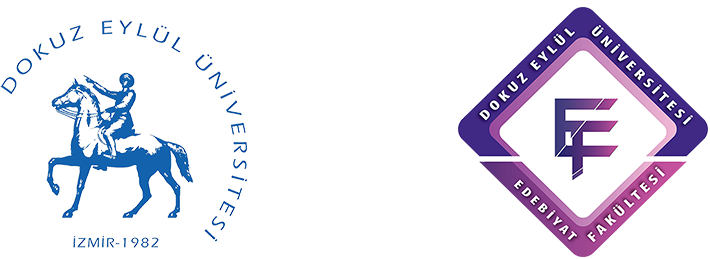DEU ACL Department aims to provide students with knowledge and competence in many different fields by examining the United States of America from literary, cultural, social, historical, regional, institutional, political, legal and economic aspects.
Aiming to think analytically and critically in the humanities, to evaluate cultural phenomena in a versatile way, and to develop language and discourse analysis skills, the department aims to train individuals who can serve in all language and culture-oriented employment areas of both the public and private sectors.
ACL Undergraduate Program adopts an education policy consisting of many fields of study such as language, literature, culture, history, philosophy, politics and economics, and aims to develop students who can think comprehensively, comparatively and analytically in literature, history, society and culture studies in the USA and Turkey, and who can think comprehensively, comparatively and analytically in these fields. Moreover, ACL Department aims to raise individuals who are able to follow local and foreign publications, examine and discuss social phenomena, create approaches to today’s cultural policies, interpret and criticize, be self-confident, free, creative, productive, keep up with the changing needs of the age and society, and contribute to the progress of our country by transferring their knowledge to Turkish culture.
Program Mission, Vision and Strategic Objectives
While determining the mission, vision and strategic objectives of the ACL Department, periodic meetings were held with internal stakeholders (including students), and in this regard, the program mission, vision and strategic objectives were created in accordance with the University’s mission, vision and strategic plan and the Turkish Higher Education Qualifications Framework.
Program Quality Assurance System Policies
Our program, located within the DEU Faculty of Letters, includes quality assurance, education, research and development, social contribution, internationalization and management system policies in accordance with the policies of the University and the Faculty. Before these policies were implemented, commissions were formed on a program basis, and the organizational structure of the commissions and the duties and responsibilities of the commission members were shared on the program website. Preparatory programs showing the working subjects and durations of the established commissions were created and these processes were calendared and the work started. These policies, which were created as a result of the periodic meetings of the commissions established in the program and the feedback received from the stakeholders, are used in the planning and decision-making processes.
